Navigating Self-Care and Self-Soothing as a Childless Woman
Childlessness comes with many challenges that require you to take care of yourself. There is a lot of buzz about self-care these days, and I often see acts of self-soothing being mistaken for habits of self-care. Both are important, but knowing the difference between them is equally important.
Self-care. noun
The practice of taking action to preserve or improve one's own health.
The practice of taking an active role in protecting one's own well-being and happiness, in particular during periods of stress.
From the Oxford Languages Dictionary.
"Self-soothing is defined as an individual's efforts or capacity to calm oneself while in a state of emotional distress" (Wright, 2009).
While the practices of self-care and self-soothing for childless women overlap, there are distinct differences.
Self-Care for Childless Women
Self-care is consistent habits and practices you engage in to support your mental, emotional and physical well-being. These are part of your daily, weekly or monthly routine and could include:
Healthy eating,
Exercise,
Sleep-promoting habits,
Meditation,
Meetings with a counsellor or therapist,
Connecting support groups or community,
Reflecting on your emotions and learning to manage your triggers,
Connecting with a religious or spiritual community,
Spending time with family or friends.
Creative Expression
Self-soothing happens in critical moments of pain, suffering or grief to help ease the immediate discomfort. Some of the above self-care habits may soothe you in times of distress, but only because you have cultivated a relationship with that habit in less stressful times.
For instance, meditation may cause frustration and agitation if you try it out when triggered and have big emotions. Similarly, Self-compassion practice would be equally hard to start in acute distress as it requires concentration and perspective, both of which are hard to achieve during stressful times.
The self-care habits listed above are best begun during times of relative ease. Things don't have to be perfect to start eating better or shift your sleep habits positively, but there needs to be enough ease to make plans and take consistent action.
Self-soothing for childless women
Self-soothing is all about emotions and having a tool kit to help soothe them when they are big. It involves learning how to comfort yourself when you're feeling stressed, anxious, or upset. Self-soothing can help you regulate your emotions and calm your nervous system, which can be particularly important when you're facing challenging situations or difficult emotions.
The benefits of self-soothing are numerous. It can help you manage stress and anxiety, improve sleep, boost your immune system, and enhance your overall well-being. Self-soothing can also improve your relationships with others, as you can better regulate your emotions and respond to others more calmly and compassionately.
Self-soothing can take many forms, such as:
Listening to music,
Having a shower - could be hot or cold,
Watching a favourite movie or TV show,
Eating your favourite food,
Connecting with a compassionate friend or counsellor,
Taking a few long slow breaths,
Doing an activity you love,
Screaming,
Going for a walk or run,
Removing yourself from triggering situations.
Both self-care and self-soothing are essential, and cultivating both can help you navigate the challenges of childlessness. By prioritizing your needs and caring for yourself, you can improve your overall well-being and manage stress and anxiety.
Cultivate the habit of Self-Compassion with my free self-guided online course.



